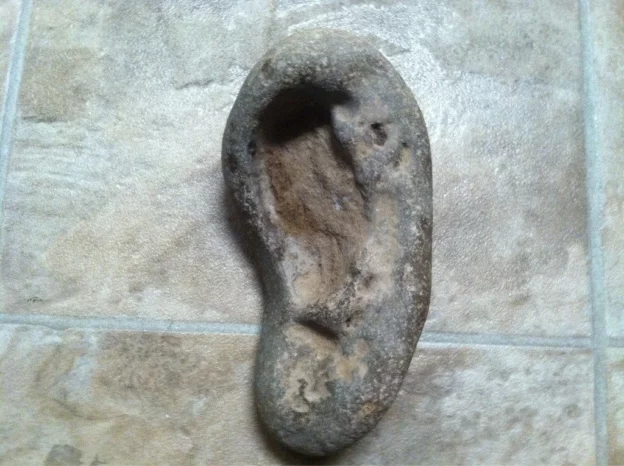In Moshe Rabbeinu’s parting rebuke of Klal Yisrael for “not believing in Hashem” (Devarim 1:32), for all its complaining in the wake of the report of the meraglim and beyond, he refers to Hashem’s decree that the “generation of the desert” will not get to see the promised land.
And then he says, “Hashem was also angry with me because of you, saying, ‘Neither will you go there’” (1:37).
“Also?” “Because of you?” What are those words saying?
Moshe, though, is more than the leader of the nation; he reflects it, embodies it. He is called a melech, a king. And Chazal tell us that ein melech b’lo am, there is no king without a nation. That means something beyond the obvious. It means that, in a way, the king isthe nation. Which is why a king has no right to forgo his honor (Kiddushin 32b); it is the nation’s honor.
And so, in a way, the “sin” that prevented Moshe from entering Cna’an, the striking of the rock to provide water, was a reflection, even embodiment, of the nation’s sin. How?
Moshe’s mistake was not hitting the rock but rather not speaking to it (as he was commanded).
And thereby not advancing kiddush shem Shomayim by conveying to the people (as per the Midrash Rashi brings in Bamidbar 20:12) the lesson that if an inanimate object fulfills Hashem’s mere words, His mere declaration of will, so much more so should human beings.
Instead, the idea unintentionally conveyed was that only punishment spurs heeding Hashem.
The people, apparently, weren’t ripe for the intended lesson. And so, Moshe’s act necessarily reflected that fact. Had Moshe spoken to the rock as ordered, Chazal say, he would have been able to enter Cna’an and there would never have been any exile of the Jews from their land.
Like the rock, we have been smitten – with the rod of galus and all its tribulations. May the lesson that the rock was meant to teach be internalized, quickly and in our day.
© 2023 Rabbi Avi Shafran
